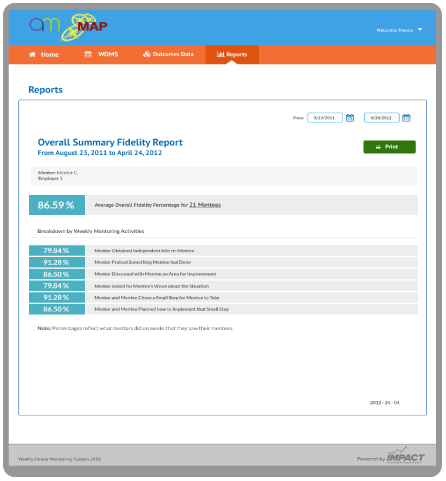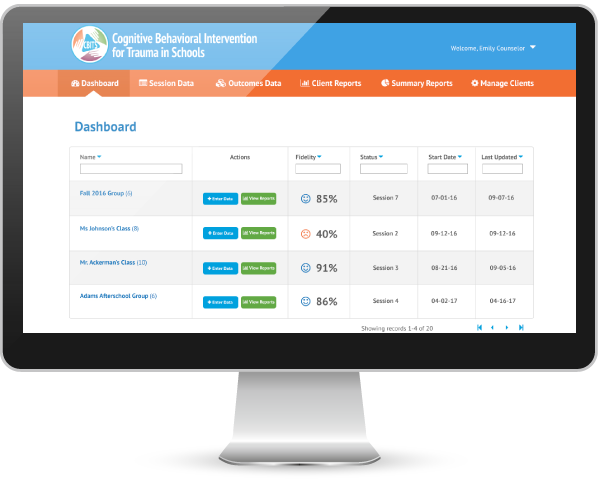CUTTING-EDGE DATA COLLECTION PLATFORM
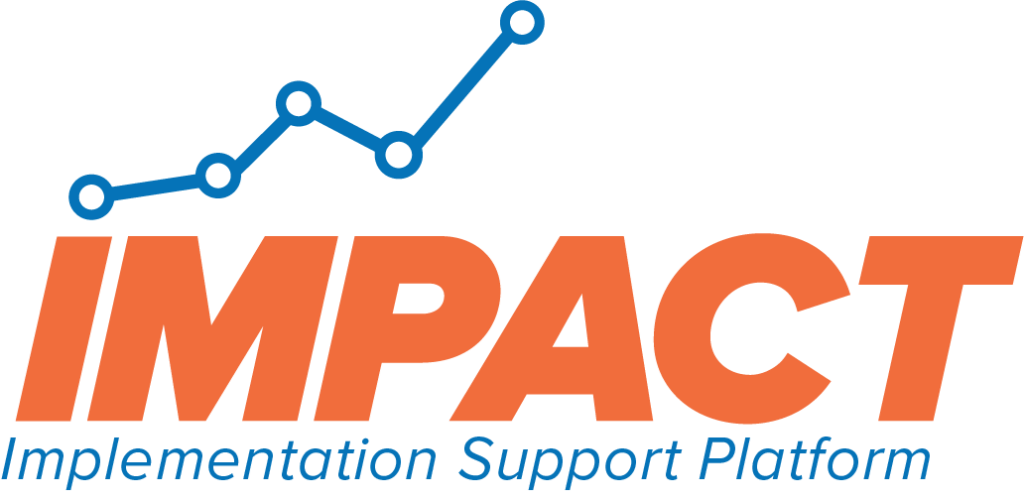
IMPACT supports high-quality implementation by collecting and tracking fidelity, progress, and outcomes data.
Assessments
3C integrates your program in a customized IMPACT platform that streamlines data collection and reporting into one seamless, easy to use, and time-efficient system.
Providers can enter data for each participant session, including:

Log data:
session notes

Fidelity data:
how well the provider adhered to program session expectations

Progress data:
participant progress on individualized target issues as a result of the program

Outcomes data:
how participants change after the program and whether they maintain outcomes over time
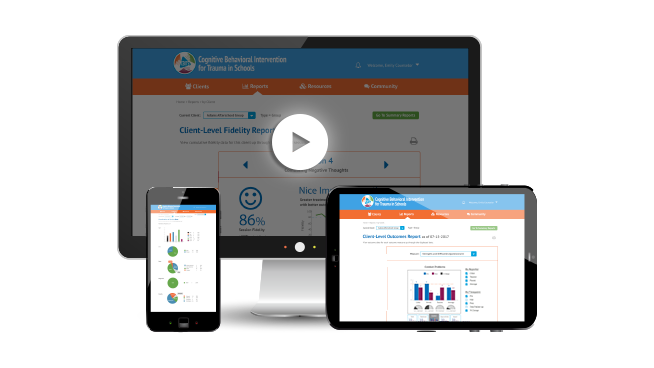
Using IMPACT, you can effectively collect, track, and analyze data to ensure fidelity, track outcomes, and demonstrate program results.

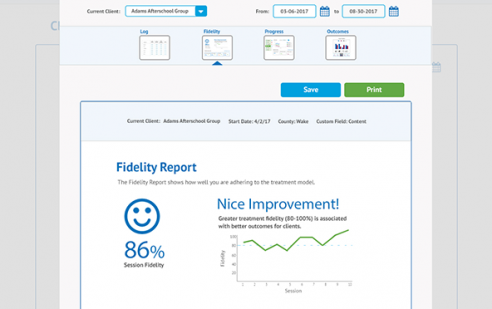
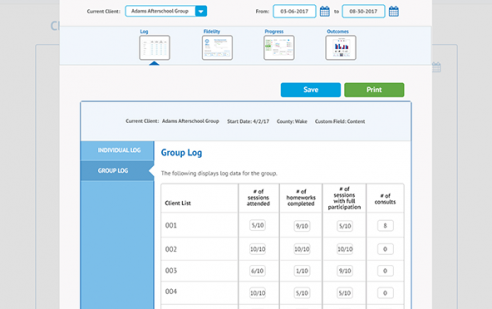
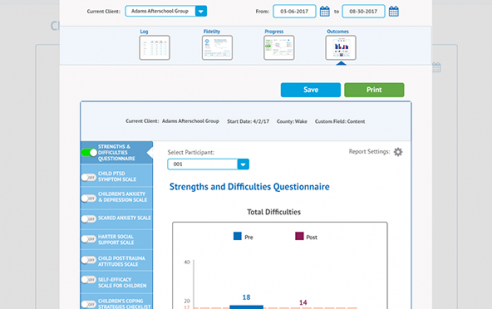
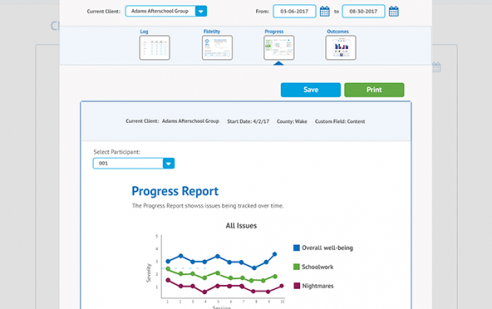
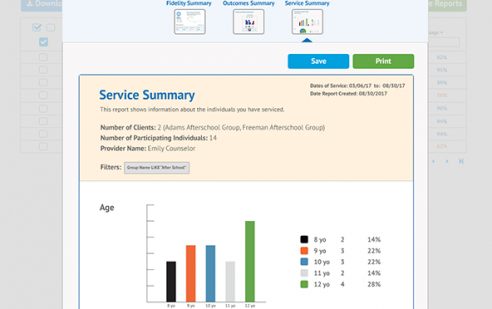
Assessments
Providers and administrators can view up-to-date reports to track participant, provider, and program performance:
- Participant-level reports: log, fidelity, progress, outcomes
- Summary reports across participants for a provider
- Summary reports across providers (admin only)
Share our IMPACT flyer, or get the details on our customizable services, pricing, and projects for Implementation Support!


